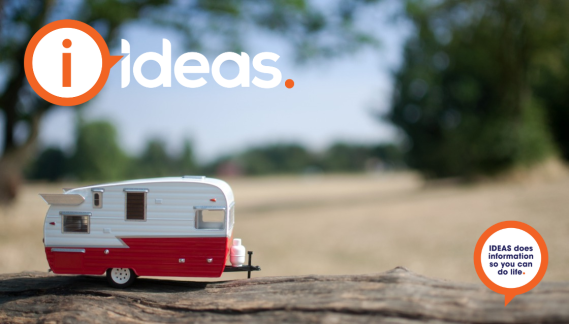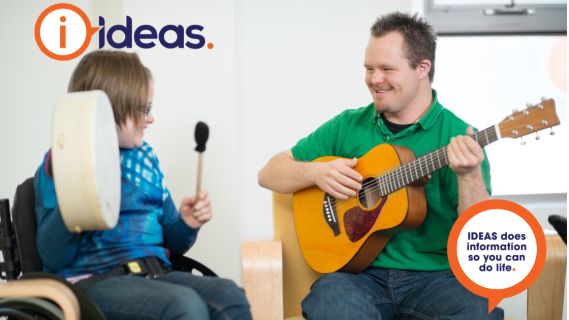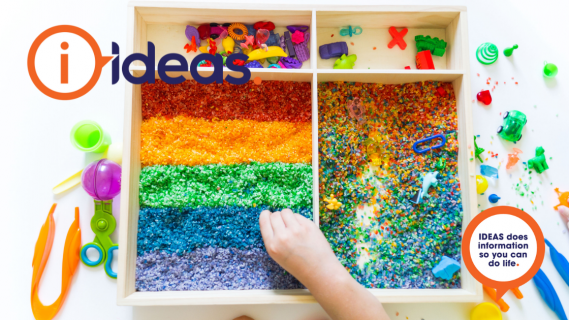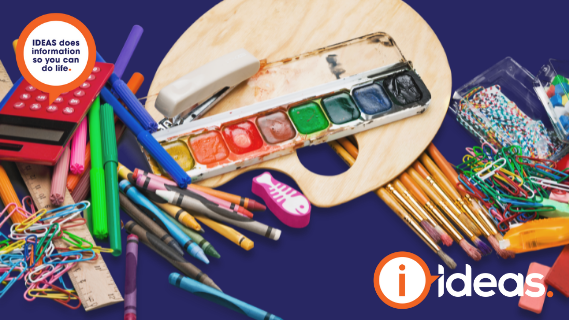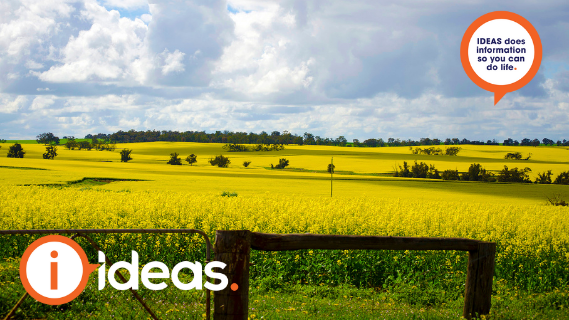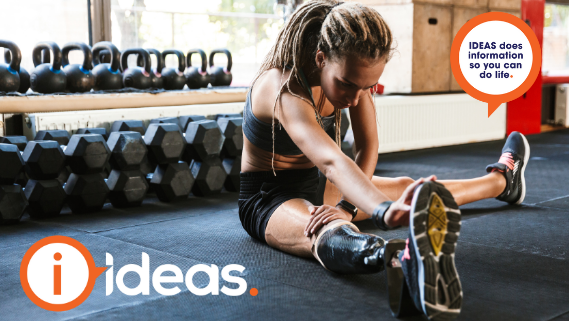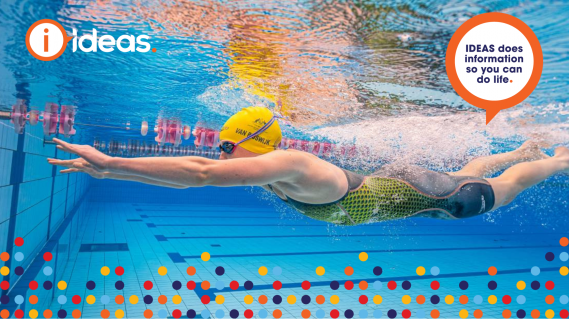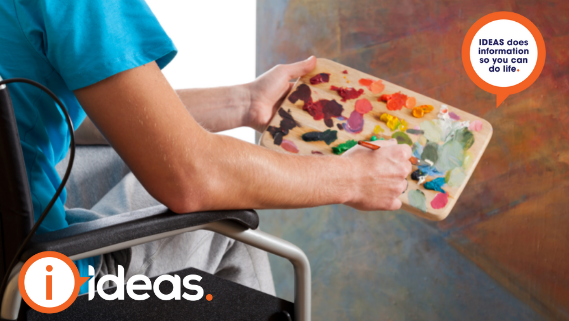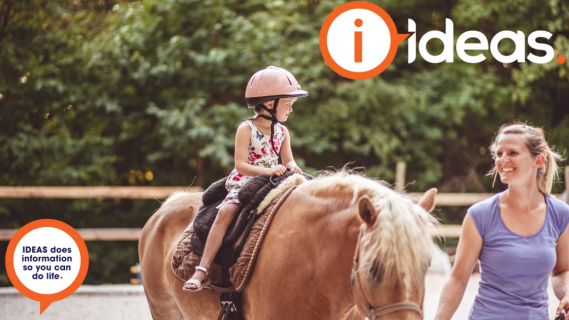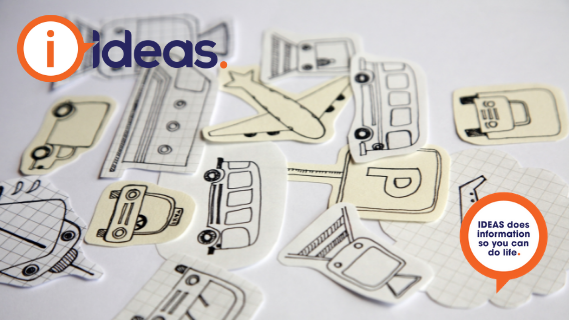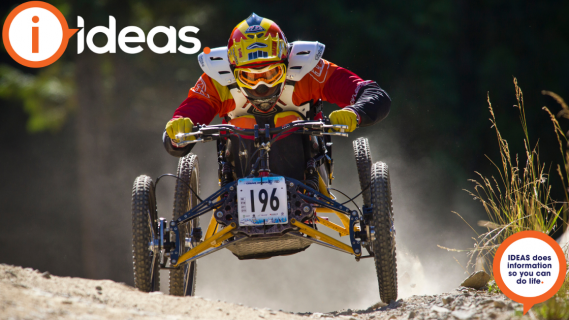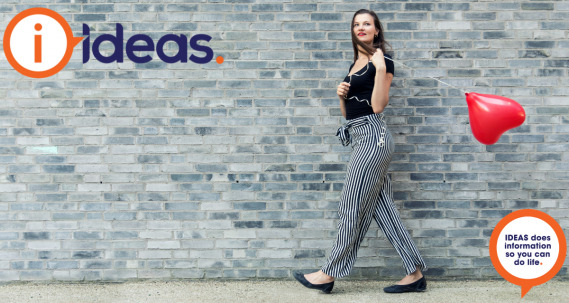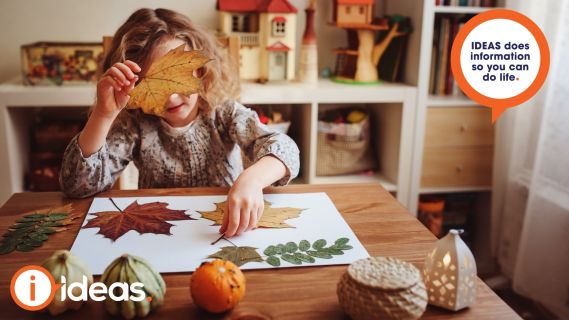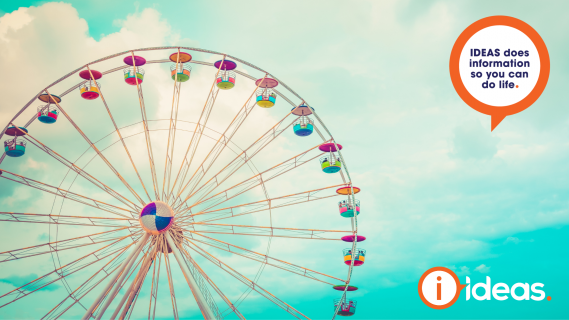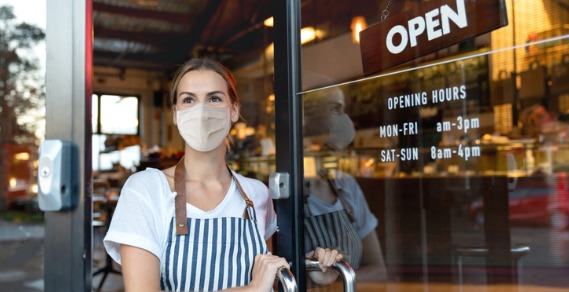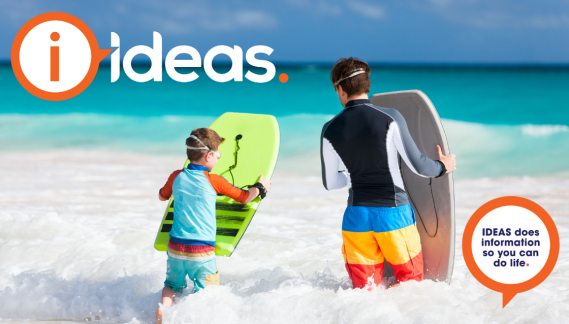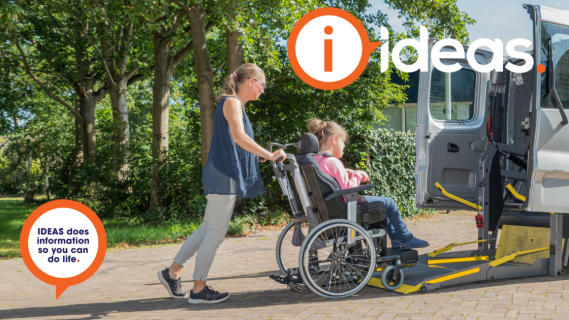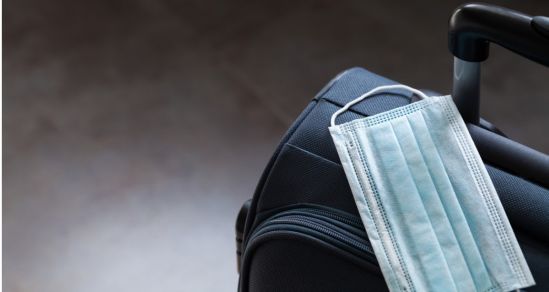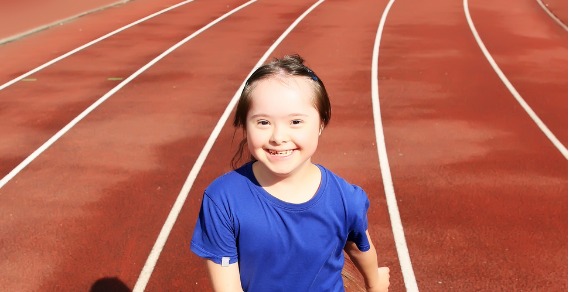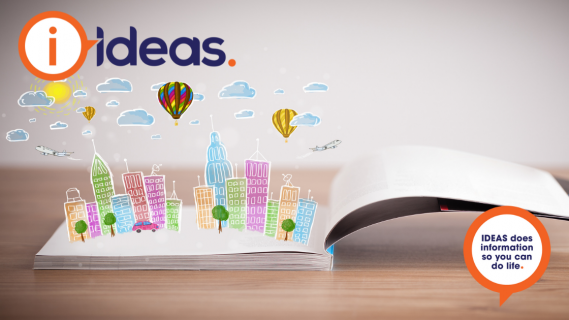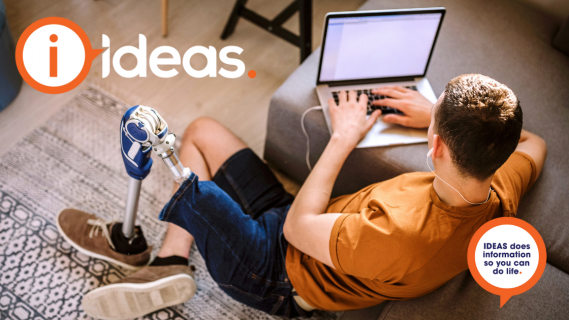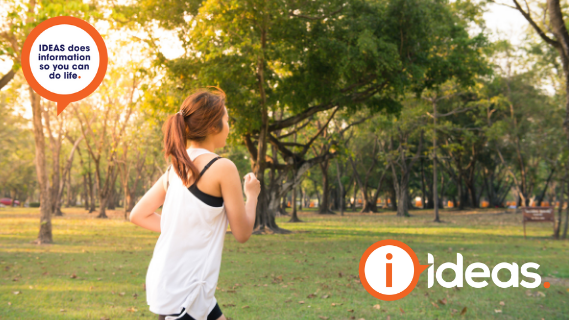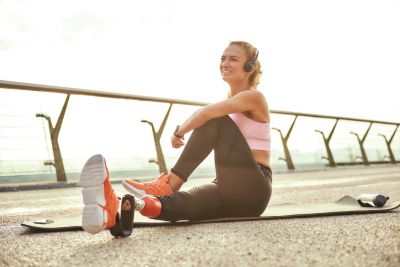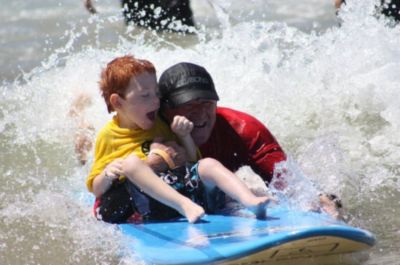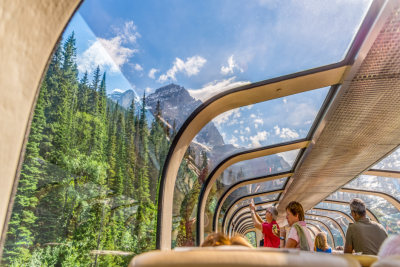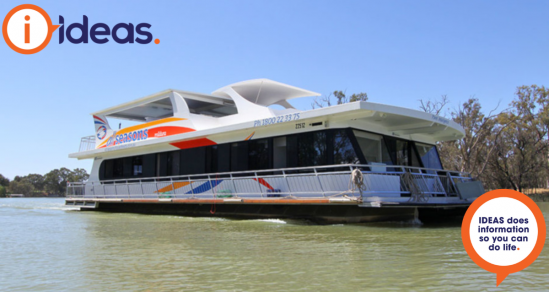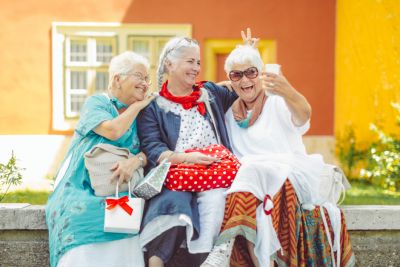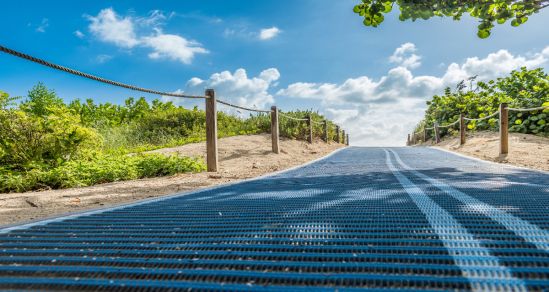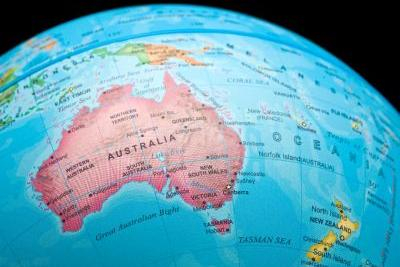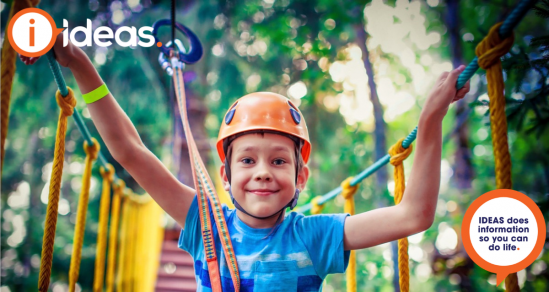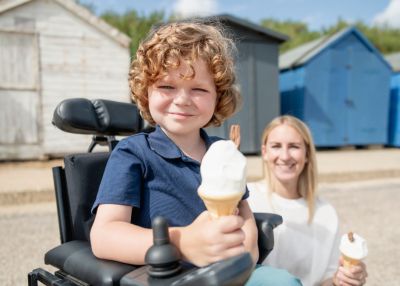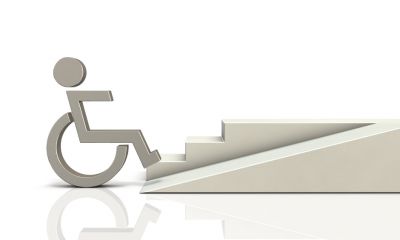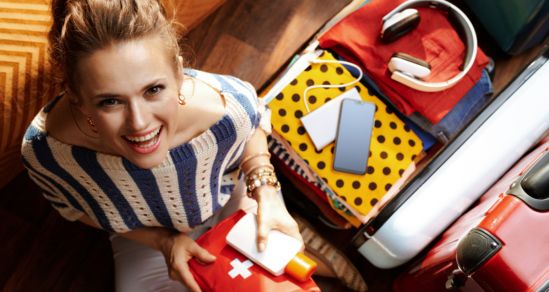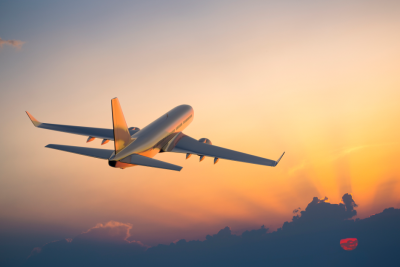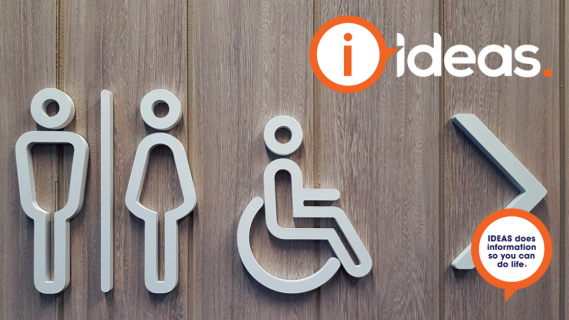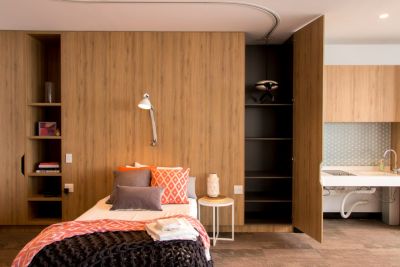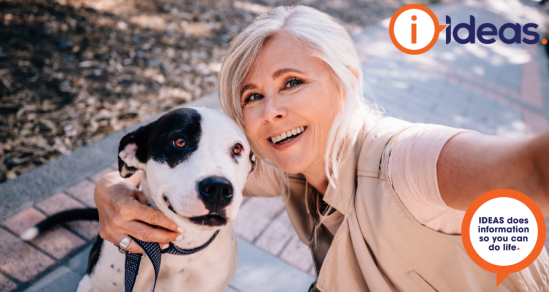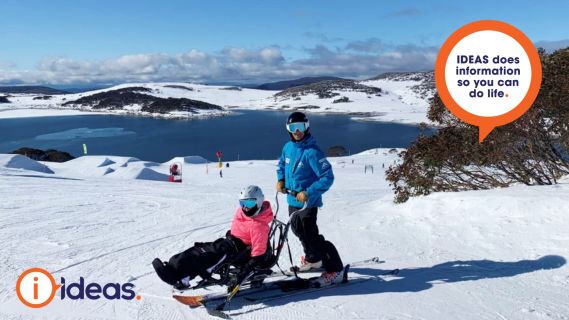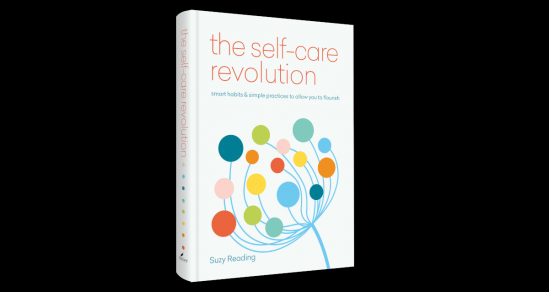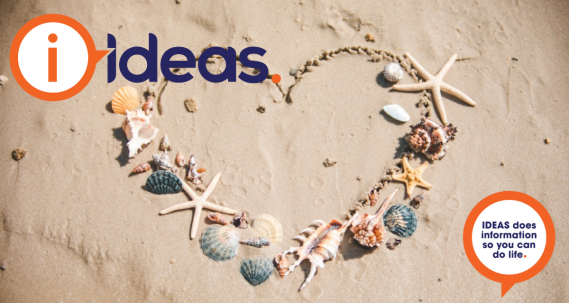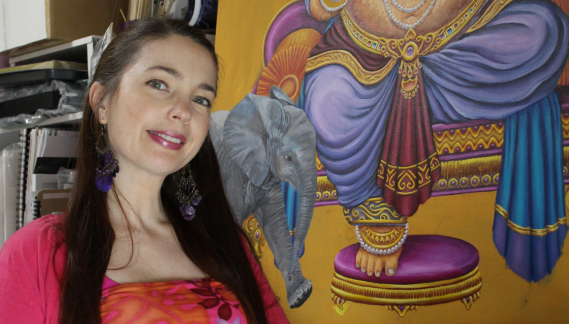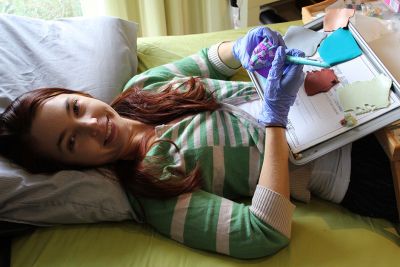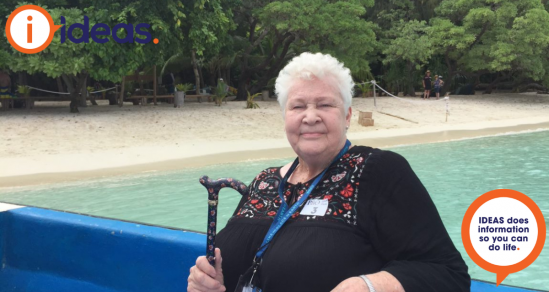The spread of COVID and varying levels of rules and restrictions over the last three years has had a huge impact on our lives and mental health. Travel anxiety is a complex issue, especially for people with disabilities, but it doesn't mean you should avoid going anywhere ever again.
Adults and children with anxiety can travel, but it helps to think outside the box. You can plan for a time that works for you, and remember it doesn’t have to be a big flashy trip. Avoiding peak tourist spots and times may help reduce your anxiety, especially if it is related to crowds (agoraphobia) and exposure to germs and diseases (mysophobia or germaphobia).
Good Counsel
Working with a counsellor or therapist can help you learn techniques to help you. Go gently. Acknowledging that intensive treatment could be the first step before you can travel again in extreme cases. It will take some time. Small steps are crucial if anxiety is crippling your ability to be outside your home.
Triggers
Anxiety comes from many different root causes, so first, consider travel options that minimise the likelihood of those triggers. There is no one cause of travel anxiety, and the triggers differ from person to person, so plan your holiday around pleasant experiences. For example, If flying is your key concern, avoid a trip where flying is involved. If you want to avoid crowds, choose a quiet, laid-back destination.
Whilst International Borders have reopened, you may find that domestic travel is more appealing.
Base Camp
Consider giving yourself a "base camp" destination to travel from. Caravaning, a motorhome, a houseboat, or even a house swap with a friend can provide a familiar environment and a “safe space” to retreat to (and in the case of caravans or motorhomes, you will always have them with you). These modes of travel mean you can be more independent and not have to mix with people if that is too much for you right now. You can even eat in. However, if claustrophobia (fear of enclosed spaces) is a trigger for you, you may want to avoid the caravan and motorhome, and try a destination and accommodation you have stayed at before as a familiar base.
If cleanliness, Obsessive Compulsive Disorder (OCD), or even certain scents are a trigger, it can help to discuss with the accommodation provider. This way, they know to be considerate when cleaning beforehand. Likewise with accessibility, have an open discussion and request photos of the exact room, and check the size and measurements of doors and circulation space if needed.
You can rent caravans and motorhomes from Camplify. Camplify includes insurance and roadside assistance as part of the package.
If holidaying on a houseboat is more your style, read about Accessible Houseboats.
If a house swap or pet minding is something you want to try, Sit, Stay is devoted to house and pet sitting.

Simplicity is the key
It really is!
Keeping things simple and planning an itinerary with only one or two destinations or activities a day results in less packing and less stress overall.
Simple meals also result in less shopping and less organising and eating out. It also means quick and easy meal prep and more free time to enjoy your travels.
Distraction
If you find comfort in reading, puzzles, colouring, or games, bring those along. Audiobooks are a great and inclusive family activity for long drives. Download your favourite songs and create some playlists to chill with. Exercise can be a great booster – even a walk or roll in the fresh air.
Daily rituals
Keep up your daily rituals, be it your morning coffee, afternoon walk or reading a book before bed. Keeping everyday actions will help your sense of routine.
Highlight the positive
Focus on the things you want to do, see or experience. Try not to let your thoughts wander to negative thoughts.
It can help to keep a gratitude journal.
Safety Net
Travel with someone you can trust, someone who knows how to help if you experience an attack of panic.
Pack a weighted blanket. Weighted blankets roughly 10% of your body weight can help. They work through the pressure from the blanket, which increases serotonin, a chemical in the body that is a natural mood stabiliser.
Apps
Smiling Mind is a free app that helps you explore mindfulness through creativity, daily meditations and mindfulness exercises.



